Gateway to Learning
Want to invest in crypto but don't know where to start?
Learn crypto through the simplest words.
 Must Read Daily Market Reports
Must Read Daily Market Reports
Must Read Daily Market Reports
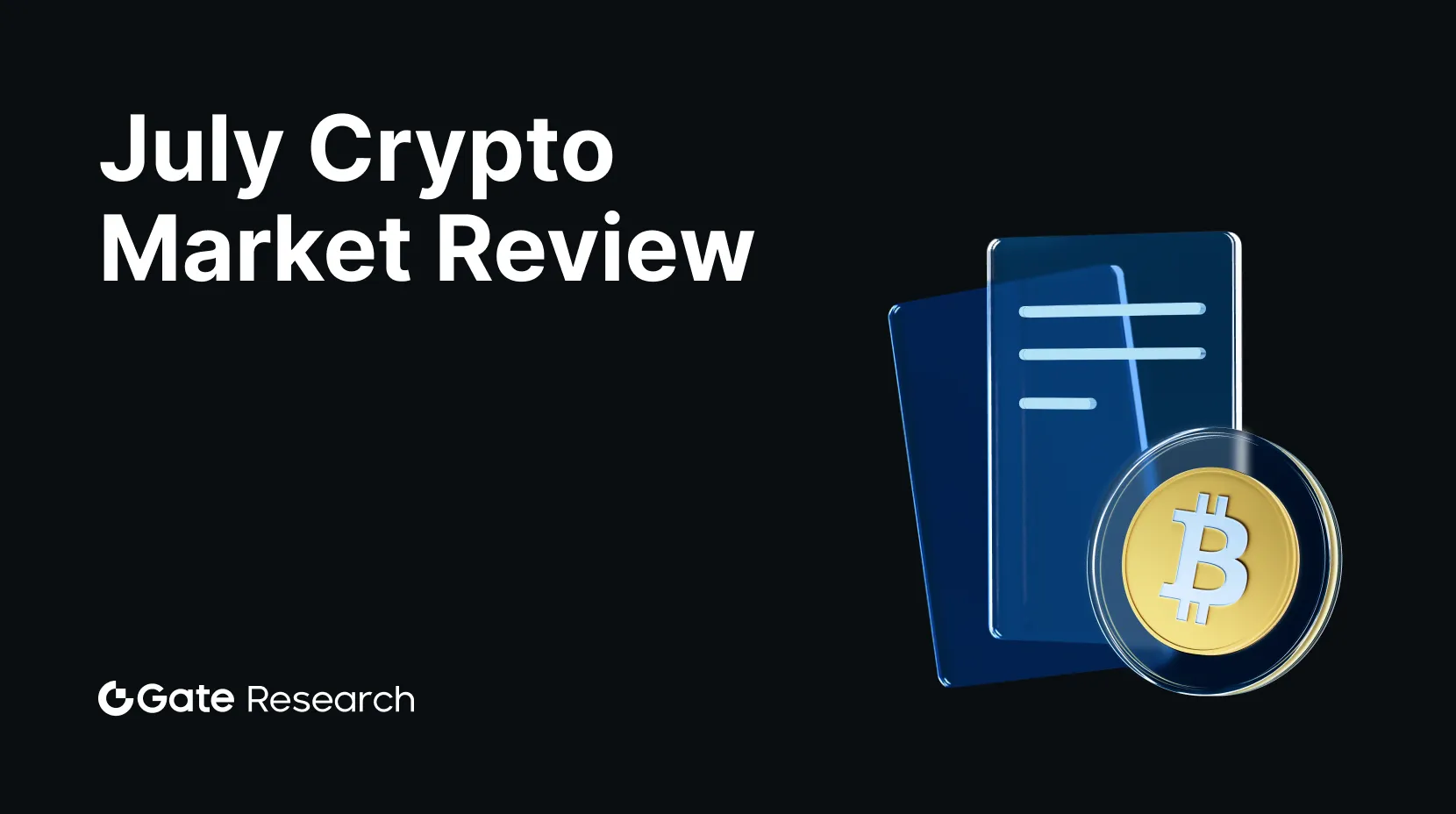 Gate Research: July Crypto Market Review
Gate Research: July Crypto Market Review
Gate Research: July Crypto Market Review
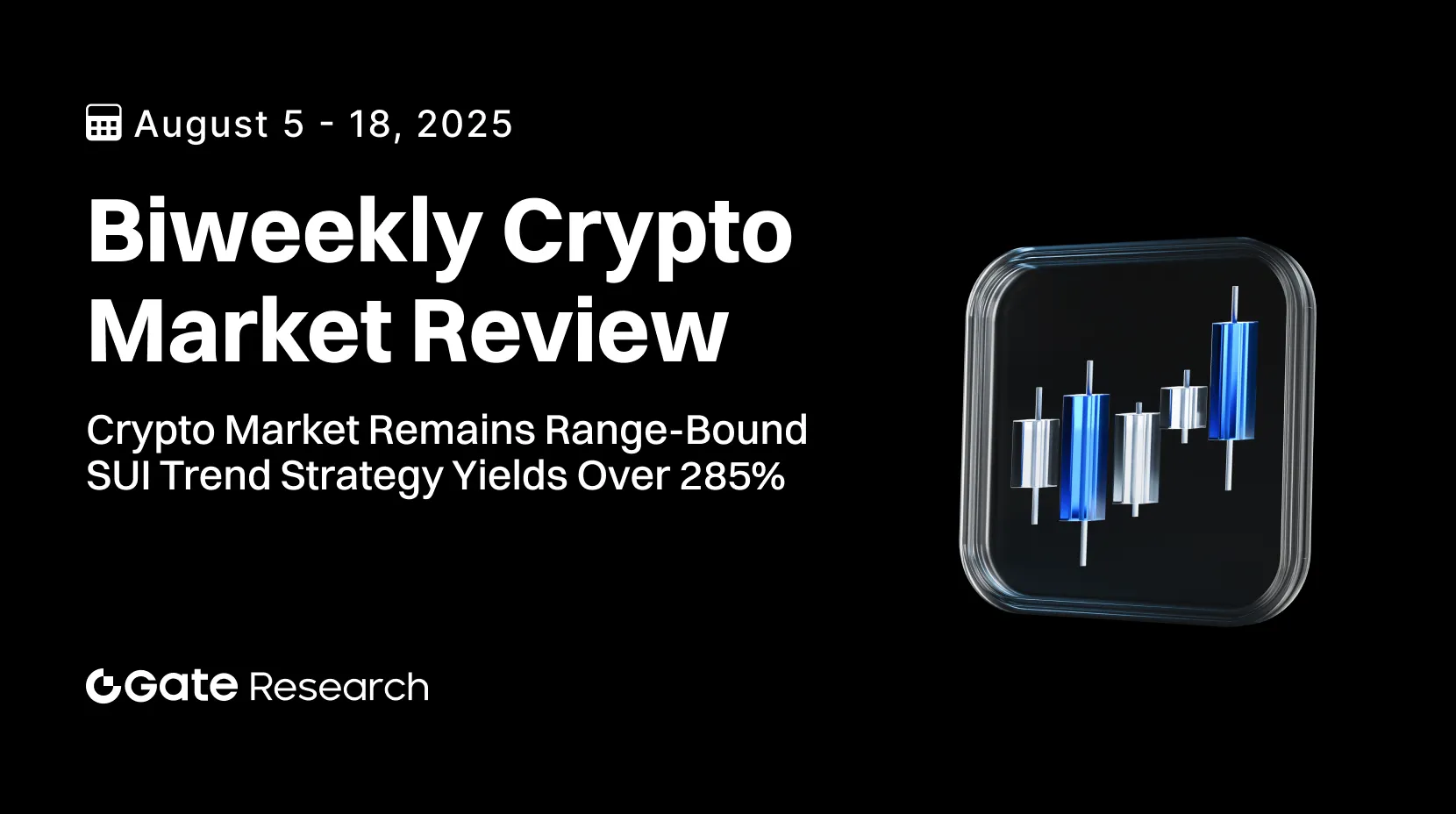 Gate Research: Crypto Market Remains Range-Bound, SUI Trend Strategy Yields Over 285%
Gate Research: Crypto Market Remains Range-Bound, SUI Trend Strategy Yields Over 285%
Gate Research: Crypto Market Remains Range-Bound, SUI Trend Strategy Yields Over 285%
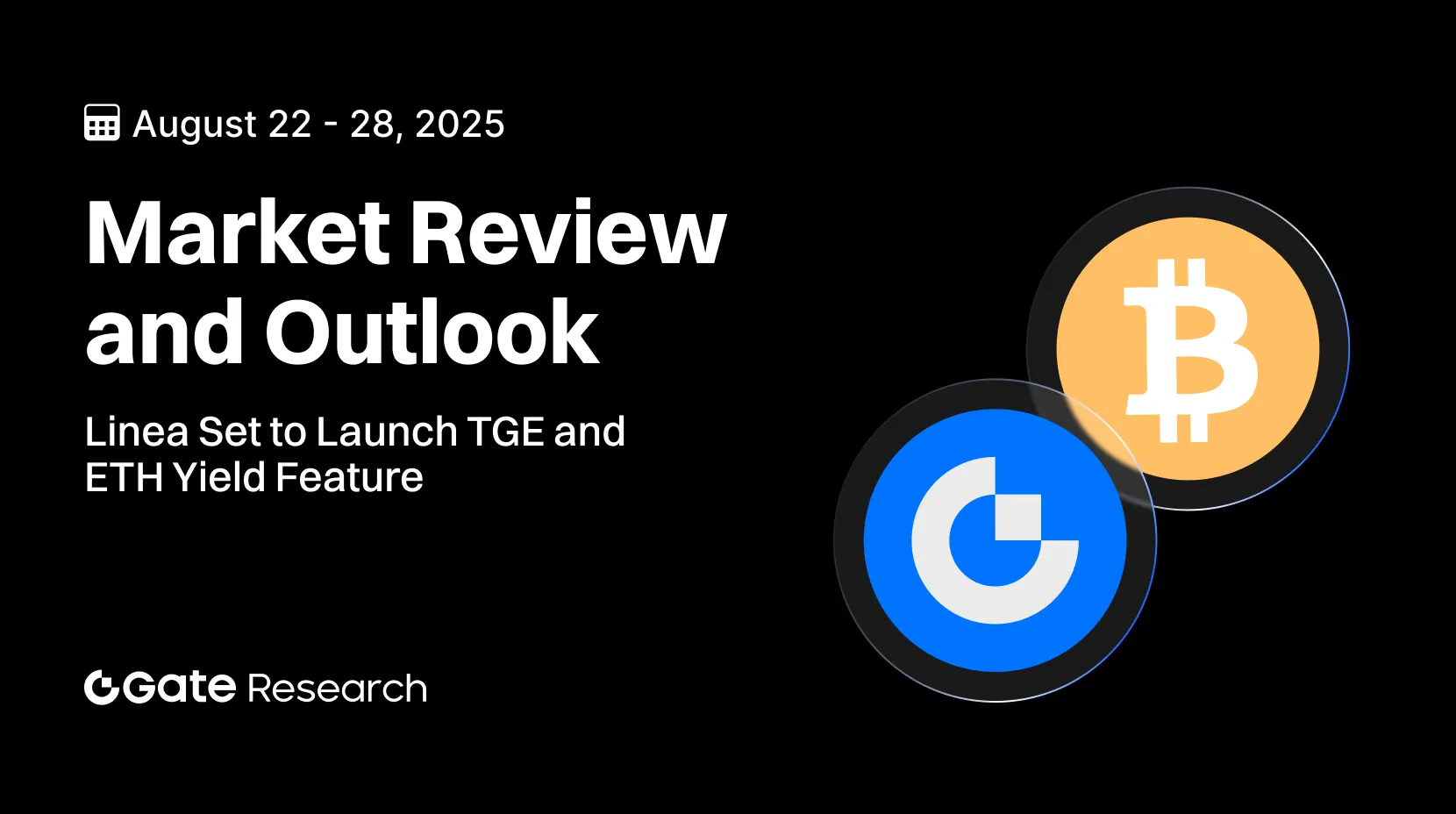 Gate Research: Linea Set to Launch TGE and ETH Yield Feature | Aave Labs Unveils New Horizon Platform
Gate Research: Linea Set to Launch TGE and ETH Yield Feature | Aave Labs Unveils New Horizon Platform
Gate Research: Linea Set to Launch TGE and ETH Yield Feature | Aave Labs Unveils New Horizon Platform
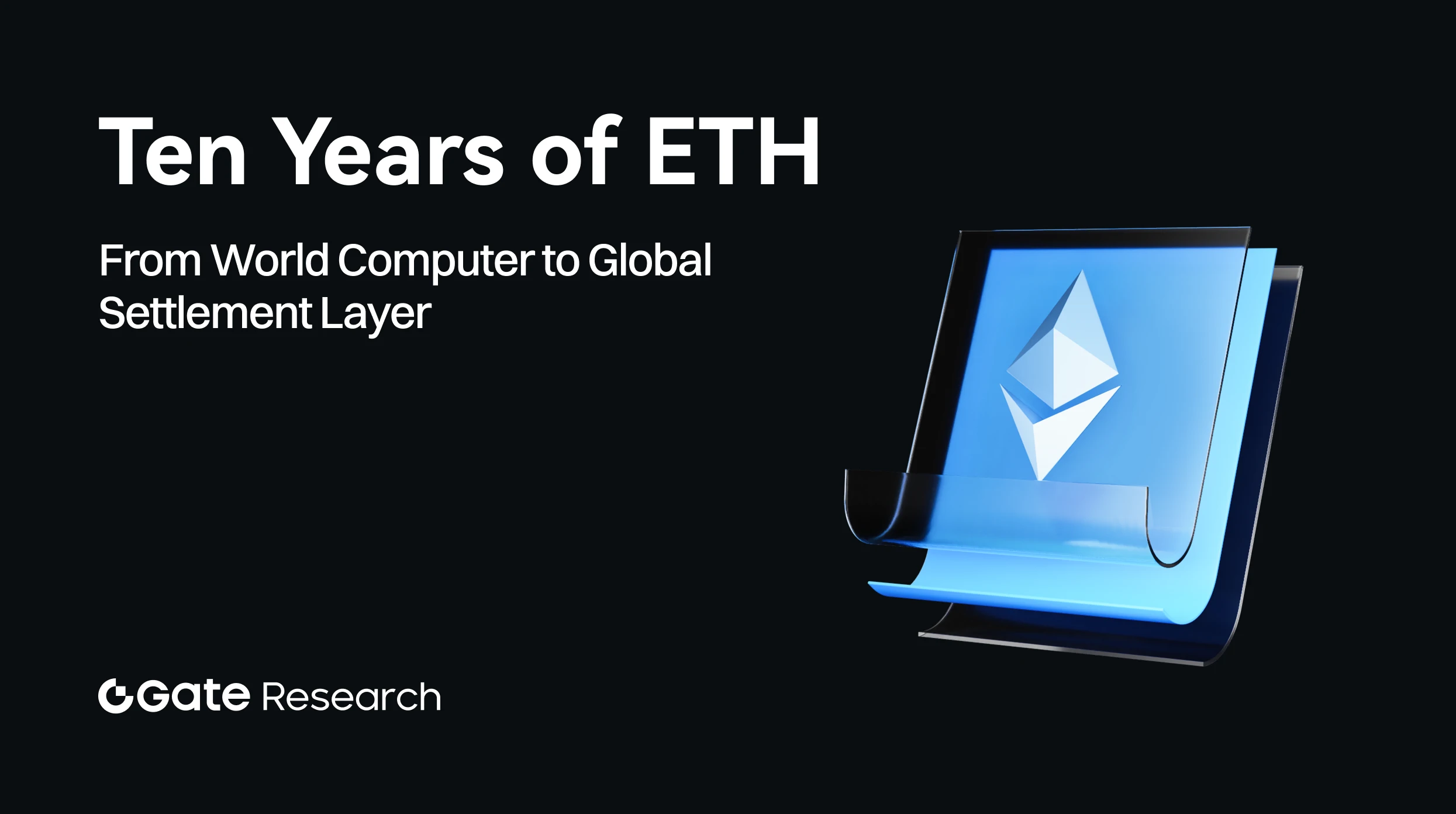 Gate Research: Ten Years of ETH: From World Computer to Global Settlement Layer
Gate Research: Ten Years of ETH: From World Computer to Global Settlement Layer
Gate Research: Ten Years of ETH: From World Computer to Global Settlement Layer
Featured Courses
More
Beginner
Guide to Gate Dual Currency Products
This course provides a comprehensive introduction to Gate Dual Currency Products, which are non-principal protected financial products with floating income and also structured financial products based on options. Compared to traditional principal-protected investment products, Dual Currency Products carry certain risks but also offer higher potential returns. If leveraging the tool effectively, investors can truly earn profits regardless of price action.

Advanced
Tools That Help You Trade Better: Moving Averages, Trend Lines, and Indicators
There are no trading rules that are applicable to any scenario. These courses will help you establish your own trading strategy, then test it and improve on it in practice

Intermediate
Technical analysis: A useful tool to understand trends in contract trading
Understand candlestick patterns and recognize market trends. Build a technical analysis system to make informed trading decisions
Learn by Topic
Topics
Altcoins
Bitcoin
Blockchain
DeFi
Ethereum
Metaverse
NFTs
Trading
Tutorial
Futures
Trading Bots
BRC-20
GameFi
DAO
Macro Trends
Wallets
Inscription
Technology
Meme
AI
SocialFi
DePin
StableCoin
Liquid Staking
Finance
RWA
Modular Blockchains
Zero-Knowledge Proof
Restaking
Crypto Tools
Airdrop
Gate Products
Security
Project Analysis
CryptoPulse
Research
TON Ecosystem
Layer 2
Solana
Payments
Mining
Hot Topics
P2P
Sui Ecosystem
Chain Abstraction
Options
Quick Reads
Video
Daily Report
Market Forecast
Trading Bots
VIP Industry Report
ETF Leveraged Tokens
Top Stories
XRP
Pi Network
Difficulty
Beginner
Intermediate
Advanced
Latest Courses
More
Beginner
Spot Grid User Guide
Spot grid is a passive quantitative trading bot that profits from price fluctuations without forecasting market trends. It is especially effective in the range-bound conditions common in the crypto market. By setting a price range and dividing it into multiple grids, the system automatically places buy and sell orders within each grid, repeatedly executing a "buy low, sell high" approach.
The key advantages include:
- Automated execution: Once the bot is launched, it runs 24/7 without the need for market monitoring.
- Risk diversification: Place multiple orders at different price levels to reduce the risk of single-price exposure.
- High market adaptability: Ideal for range-bound markets and highly volatile assets.
- Robust platform support: Gate offers powerful features, including AI recommendations, copy trading, trailing grid, and auto-reinvest, that significantly enhance efficiency and flexibility.
However, the bot has its limitations, including directional market risk, profit erosion by trading fees, capital efficiency, etc. Proper parameter settings, risk management, and the use of trend-following tools are key to improving the effectiveness of spot grid trading in practice.

Beginner
Introduction to Celestia Blob Markets & Rollkit
Celestia represents a fundamental redesign of blockchain architecture through its modular approach. Instead of requiring every blockchain to handle execution, settlement, consensus, and data availability within a single system, Celestia separates these functions into specialized layers. This allows developers to create sovereign and application-specific blockchains that outsource data availability and consensus to Celestia while retaining full control over their execution environments.
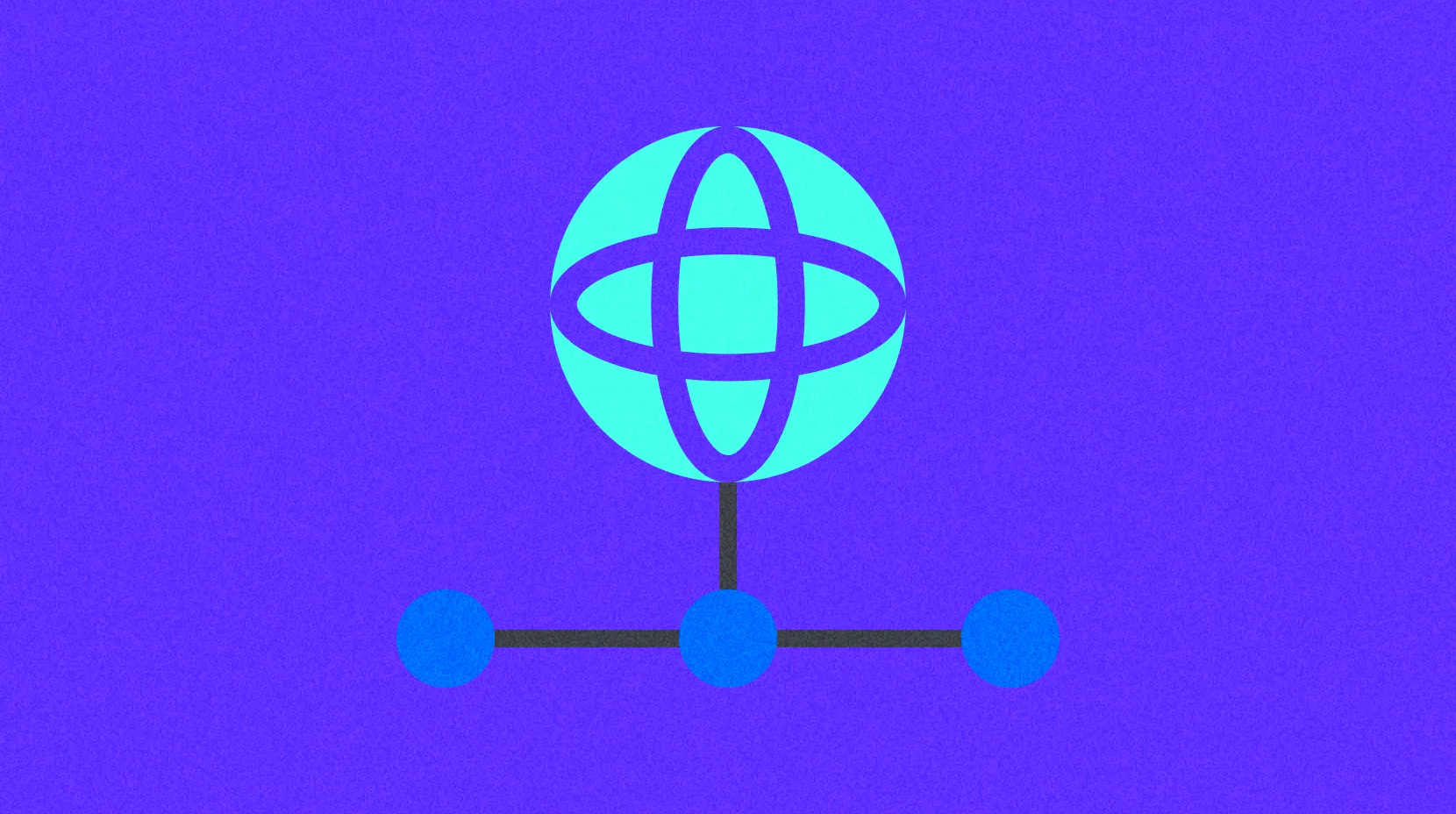
Intermediate
Introduction to Programmable Oracle Networks
Blockchains are powerful but limited by their isolation from the outside world. Smart contracts can only process on-chain data, yet most real-world applications, from finance and insurance to gaming and logistics, depend on external information. Programmable oracle networks solve this problem by securely delivering and processing off-chain data for use on-chain. They extend blockchain functionality, enabling decentralized applications to interact with markets, APIs, sensors, and even other blockchains in a trust-minimized way.
Latest Articles
More
Beginner
 Gate Research: AI Sector Tokens Surge|Linea Set to Launch TGE and ETH Yield Feature
Gate Research: AI Sector Tokens Surge|Linea Set to Launch TGE and ETH Yield Feature
Gate Research Daily Report: On August 28, BTC entered a sustained pullback after hitting a high of $124,497; ETH retreated from a peak of $4,956 and is currently trading around $4,518; GT pulled back from $21.93 and is now around $16.95. Meanwhile, AI-related tokens such as RLC, LPT, and GOAT posted gains exceeding 30%, leading the sector. Institutional interest in Ethereum ETFs surged, with Goldman Sachs leading Wall Street with over $720 million in holdings. Linea is set to conduct its TGE in September and launch native ETH yield functionality in October. Additionally, Aave Labs launched its new Horizon platform, enabling institutions to borrow stablecoins using tokenized assets as collateral.
8/28/2025, 7:02:29 AM
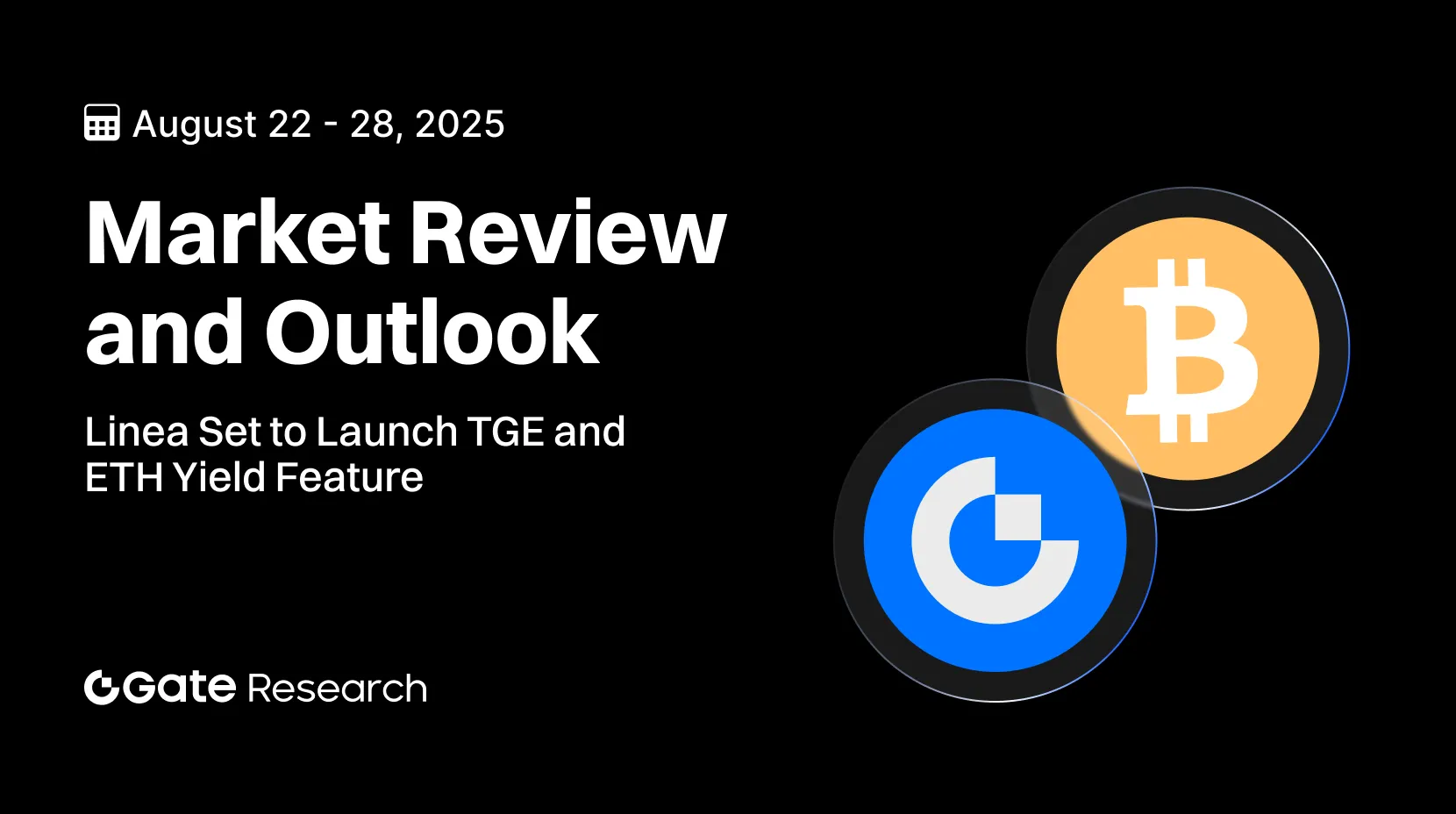
Advanced
Gate Research: Linea Set to Launch TGE and ETH Yield Feature | Aave Labs Unveils New Horizon Platform
Gate Research Weekly Report: This week, BTC declined by 1.77%, while ETH rose by 5.57%, and major DeFi tokens saw an average gain of over 10%. Circle and Paxos launched a joint pilot to test new technology aimed at improving transparency and security in stablecoin payments. Linea is set to conduct its TGE in September and will introduce native ETH yield functionality in October. Aave Labs announced a new platform, Horizon, enabling institutions to borrow tokenized assets as collateral for stablecoins. Institutional interest in Ethereum ETFs continues to grow, with Goldman Sachs leading with over $721 million in exposure. Meanwhile, tech firms now hold over 20,000 BTC, signaling a growing trend of corporate adoption of Bitcoin.
8/28/2025, 6:48:58 AM
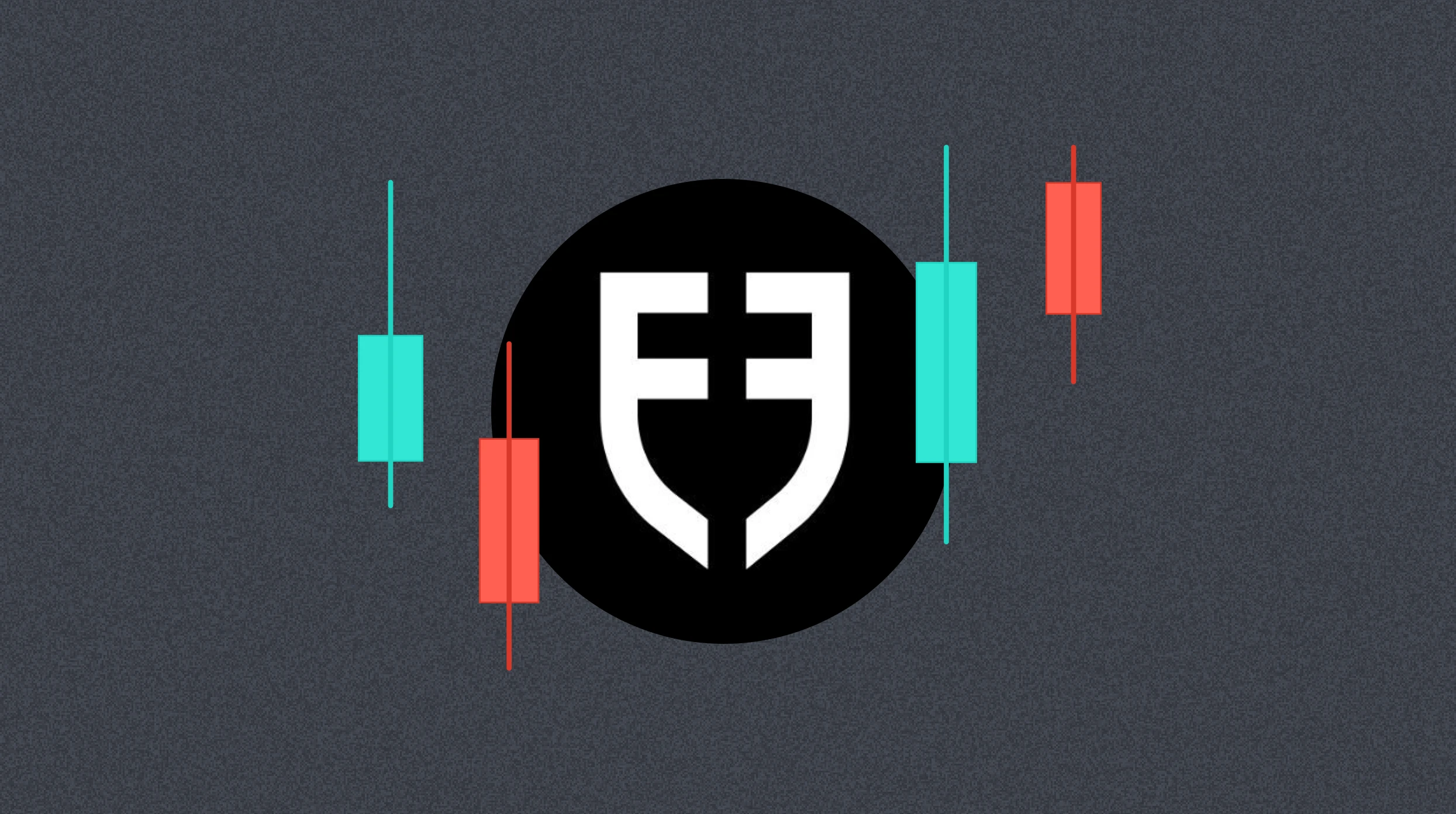
Intermediate
What is Football.Fun, the platform dominating headlines with a total player value of over $150 million?
The article highlights Football.Fun's swift growth following its launch on Base and provides an in-depth analysis of its economic model and profit mechanisms.
8/27/2025, 9:55:20 AM
Latest Research
More
Beginner
 Gate Research: AI Sector Tokens Surge|Linea Set to Launch TGE and ETH Yield Feature
Gate Research: AI Sector Tokens Surge|Linea Set to Launch TGE and ETH Yield Feature
Gate Research Daily Report: On August 28, BTC entered a sustained pullback after hitting a high of $124,497; ETH retreated from a peak of $4,956 and is currently trading around $4,518; GT pulled back from $21.93 and is now around $16.95. Meanwhile, AI-related tokens such as RLC, LPT, and GOAT posted gains exceeding 30%, leading the sector. Institutional interest in Ethereum ETFs surged, with Goldman Sachs leading Wall Street with over $720 million in holdings. Linea is set to conduct its TGE in September and launch native ETH yield functionality in October. Additionally, Aave Labs launched its new Horizon platform, enabling institutions to borrow stablecoins using tokenized assets as collateral.
8/28/2025, 7:02:29 AM

Advanced
Gate Research: Linea Set to Launch TGE and ETH Yield Feature | Aave Labs Unveils New Horizon Platform
Gate Research Weekly Report: This week, BTC declined by 1.77%, while ETH rose by 5.57%, and major DeFi tokens saw an average gain of over 10%. Circle and Paxos launched a joint pilot to test new technology aimed at improving transparency and security in stablecoin payments. Linea is set to conduct its TGE in September and will introduce native ETH yield functionality in October. Aave Labs announced a new platform, Horizon, enabling institutions to borrow tokenized assets as collateral for stablecoins. Institutional interest in Ethereum ETFs continues to grow, with Goldman Sachs leading with over $721 million in exposure. Meanwhile, tech firms now hold over 20,000 BTC, signaling a growing trend of corporate adoption of Bitcoin.
8/28/2025, 6:48:58 AM
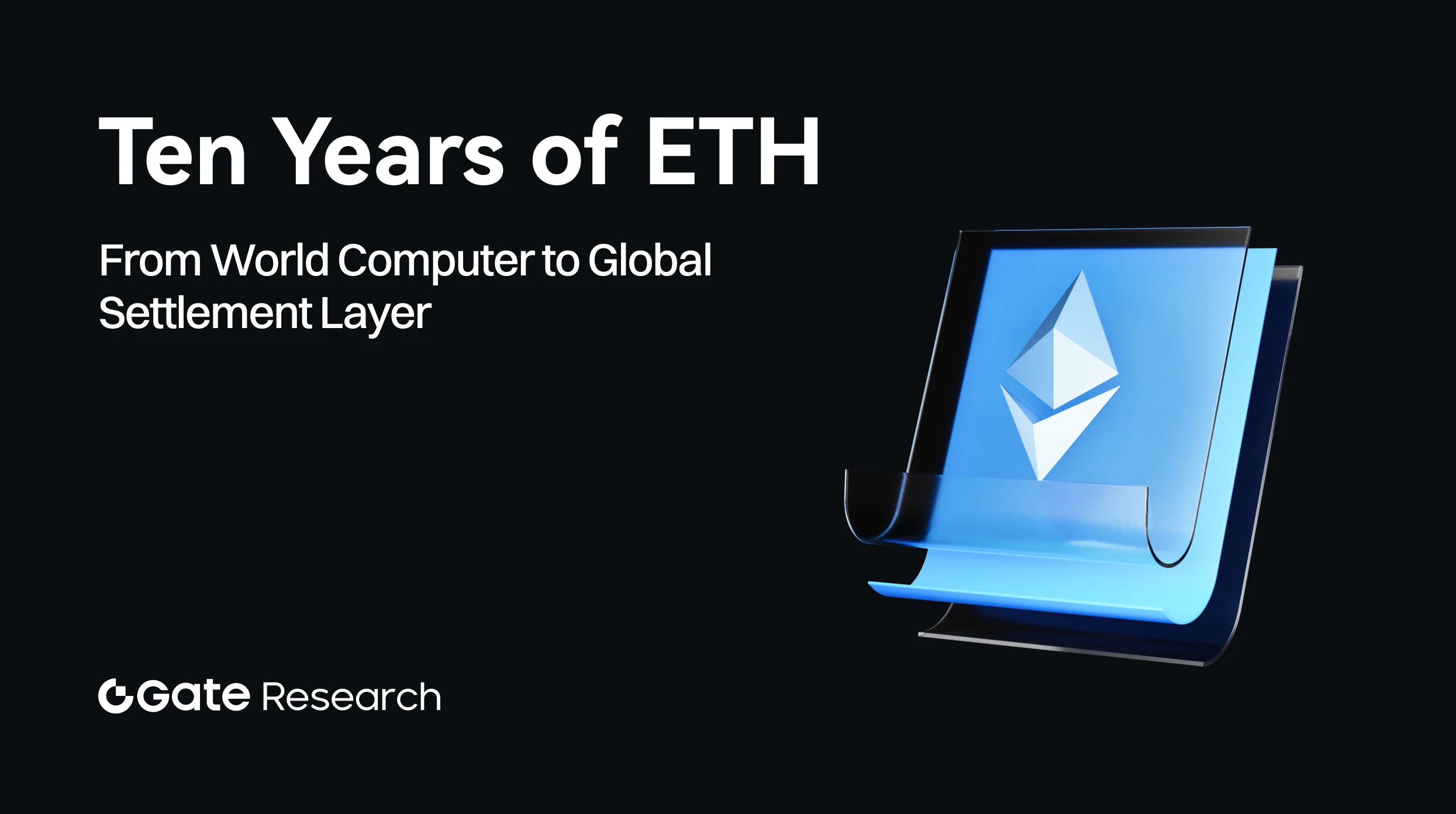
Advanced
Gate Research: Ten Years of ETH: From World Computer to Global Settlement Layer
The report also reviews representative ecosystem projects and innovation cases—including DeFi, NFTs, stablecoins, and cross-chain protocols—demonstrating how Ethereum’s technical upgrades and application deployment have been closely intertwined. Over ten years, this process has formed an evolutionary loop of “demand-driven growth → innovation → standardization → economic optimization → sustainable development.”
8/27/2025, 8:31:17 AM
Glossary
Moreapr
Annual Percentage Rate (APR) is an annualized percentage rate that represents investment returns or borrowing costs, calculated using simple interest without accounting for compounding effects. In cryptocurrency, APR is commonly used to measure annualized yields from staking, lending, and liquidity provision activities, helping users evaluate and compare investment benefits across different DeFi protocols.
fomo
Fear of Missing Out (FOMO) refers to the anxiety investors feel about potentially missing profitable opportunities, which drives them to make irrational investment decisions. In cryptocurrency trading, FOMO typically manifests as investors blindly buying assets after prices have already significantly increased, hoping to share in the market's upward momentum.
nft
NFT (Non-Fungible Token) is a unique digital asset based on blockchain technology, characterized by its indivisible and irreplaceable nature, with each NFT possessing a unique identification code and metadata. They are typically created following standards like Ethereum's ERC-721 or ERC-1155, capable of definitively proving ownership, authenticity, and scarcity of digital content.
leverage
Leverage refers to the practice where traders borrow funds to increase the size of their trading positions, controlling assets of greater value with smaller capital. In cryptocurrency trading, leverage is typically expressed as a ratio (such as 3x, 5x, 20x, etc.), indicating the multiple of the original investment that a trader can control in assets. For example, using 10x leverage means an investor can control assets worth $10,000 with just $1,000.


Your Gateway to Crypto World, Subscribe to Gate for A New Perspective
